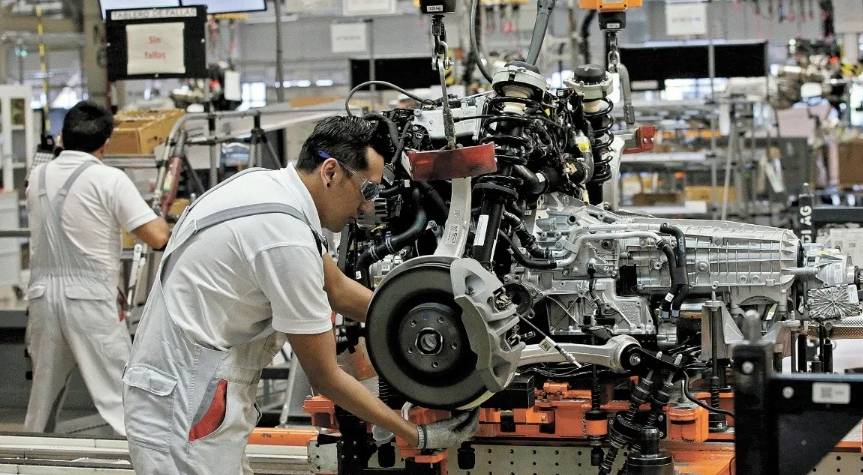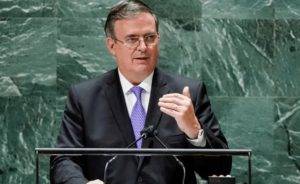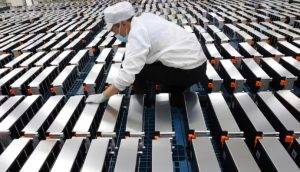
The Mexican auto parts industry was the main beneficiary of nearshoring investments, receiving 37% of the total capital raised or plant relocations in 2022. According to Alberto Bustamante, the director of the National Auto Parts Industry (INA), 40% of these relocations came from China.
The furniture industry was the second largest recipient of investments with 18%, followed by the machinery and tools industry with 15%, as well as electronics and household appliances with 15% and high technology with 8%. The pharmaceutical industry received 5% of the investments, while the rest went to other industries, according to the INA.
Therefore, “the auto parts industry is the primary recipient of nearshoring,” and could accumulate up to 15 billion dollars in the upcoming months, according to his projection.
When presenting the January 2023 monthly report of the automotive industry, the INA executive stated that companies that manufacture batteries for electric cars, chassis, transmissions, automotive interiors, aluminum wheels, molds and tools, electrical components, plastics, and engine parts are expected to arrive.
So far, the largest investment in Mexico has come from China, as part of the relocation of companies that previously operated in Asia and have moved to Mexico.
The capitals of the United States follow with 20% of the demand; those of Japan with 11%, Germany with 9%, and South Korea with 8%. Due to the T-MEC requirements to raise regional content value, manufacturers have turned to importing suppliers from other parts of the world to meet the demands.
Meanwhile, the trend of nearshoring continues to expand because of the opportunities that Mexico presents, both through its network of free trade agreements and its talented workforce.
Despite this, he emphasized:
“The transition towards clean energy in the mobility sector has the potential to bring in an investment of up to 15 billion dollars for the automotive and auto parts industry, for the production of batteries for electric vehicles, chassis, transmissions, and other components, providing substantial opportunities for the country.”
The investments being made are primarily directed towards the production of lithium batteries. As a result, there is now a Mexican-owned company located in Sonora that will be producing for the automotive industry by the end of this year.
“The crucial aspect is for Mexico to participate in these production lines for semiconductors, design, programming, assembly, substrates, and inputs. Mexico will play a role in the supply chain for the two plants that are expected to begin operations by the end of the year, as part of the Sonora plan,” he explained.
Furthermore, there is the launch of four wind farms that will simultaneously drive the development of lithium exploitation and the necessary inputs for technological transformation.
The director of INA emphasized Mexico’s role in North America as a partner of the United States and Canada after the signing of the T-MEC, which resulted in a record-breaking 107.329 million dollars in manufacturing.
Alberto Bustamante boasted that more than 21% of the value of a car manufactured in the United States is derived from domestic production.






